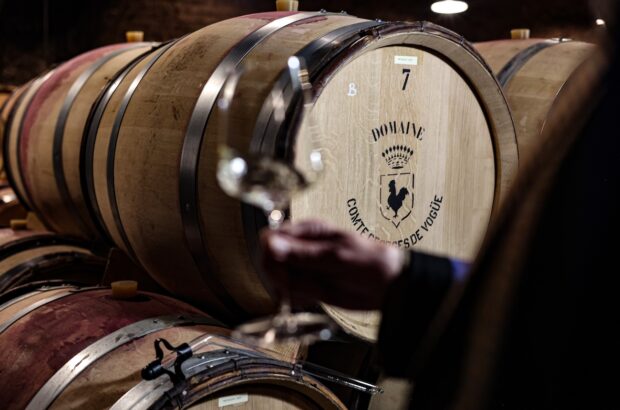More than 50 protestors who destroyed a field of genetically modified grapevines being trialled in Eastern France have had their convictions quashed, to the annoyance of the country's national research body.
Will genetically modified grapevines take hold in France?
A court of appeal in Colmar this week repealed the convictions of the 54 protesters, ruling that the open-air crop trial was illegal because authorities did not properly assess the risk to the local environment.
A gang of 62 protesters were initially convicted of having ransacked the government-run field trial of genetically modified vines in 2010. They were fined a collective €57,001 – the €1 representing a symbolic punishment for ‘moral prejudice’ – and many were handed two year suspended prison sentences.
After 54 protesters challenged the ruling, those prison sentences have been erased. The fine has already been paid.
Anti-GM protesters in France rejoiced in what they saw as a landmark case in their battle to rid the country of genetically modified (GM) crops.
‘This is a first,’ said farmers’ union Confederation Paysanne, whose members have frequently been involved in attacking fields of GM crops. ‘It is a victory for all opponents of GM crops.’
There has long been consumer scepticism towards GM crops in the European Union. A European Commission survey in 2010 found that 71% of those questioned did not want GM ingredients in their food.
France’s research body for food and agriculture, INRA, criticised the Colmar court of appeal. INRA’s president, Francois Houllier, accused the court of jeopardising the entire future of public research in France.
‘It is not the role of researchers to decide on the application of technology and science in society,’ he said.
But, he said public research is vital to ‘produce knowledge to inform public decisions’, as well as to ‘contribute to innovation that can tackle collectively identified social challenges, and support our economic competitiveness’.
INRA, he said, does lots of research on GM technology, including on its potential effects on human and animal health.
Referring to the high security brought in to protect GM crop research from environmental campaigners in the UK at the turn of the 21st Century, he asked, ‘How do we escape this illegal violence? Must we, like the researchers in England, conduct our work behind barbed wire fences?’
Written by Chris Mercer







